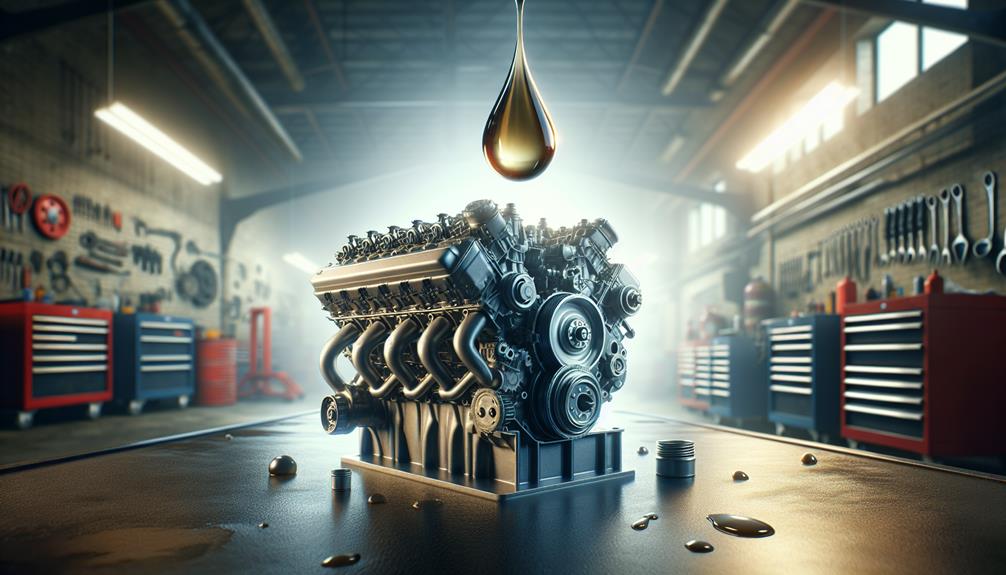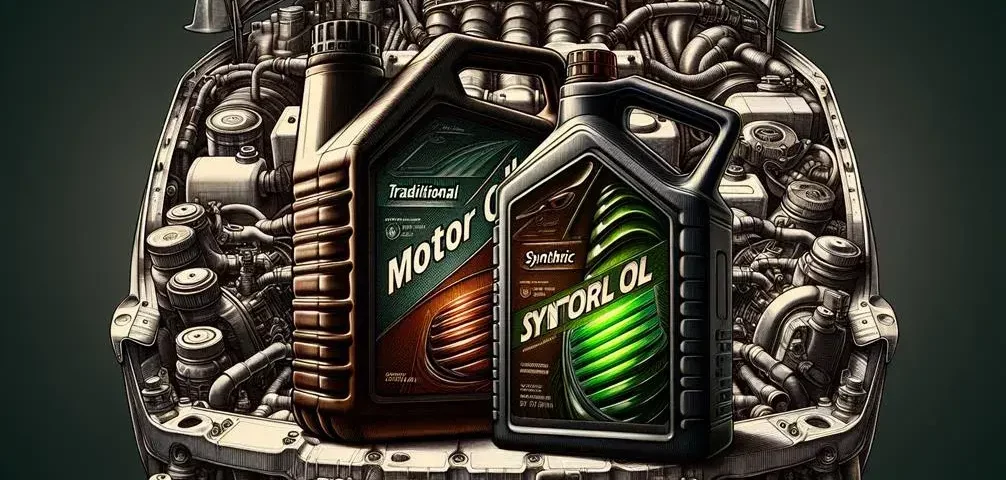
How Switching to High-Mileage Oil Can Benefit Your Car at the Next Oil Change
May 23, 2024
Choosing the Right Type of Oil for Your Next Oil Change: A Comprehensive Guide
May 23, 2024Choosing between conventional and synthetic oil for your next oil change can feel like you’re trying to solve an ancient, unsolvable riddle. You’re standing at the crossroads of a critical decision that can significantly impact your vehicle’s performance, longevity, and even fuel efficiency.
Conventional oil, the old trusty standby, comes directly from crude oil, offering reliable lubrication at low prices. On the other hand, synthetic oil, the modern marvel, is chemically engineered for superior performance and protection. This scientifically manufactured oil can withstand higher temperatures, last longer, and better protect your engine from wear and tear.
However, choosing the right one isn’t as straightforward as it seems, with various factors to consider including your vehicle’s age, type, and your driving habits. So, which one should you pick? Well, let’s embark on a journey to explore and compare these two contenders more closely.
Understanding Conventional Oil
Diving into the world of conventional oil, you’ll discover it’s derived directly from crude oil, offering adequate lubrication and protection for most engines under normal driving conditions. It’s the most commonly used type, and it’s not hard to see why. It’s cost-effective, readily available, and fulfills the basic needs of your engine, making it a reliable choice.
However, it’s important to consider that it doesn’t stand up as well to extreme temperatures or heavy-duty usage. It also requires more frequent changes, as it tends to break down and lose its protective qualities over time. But for the average car owner who uses their vehicle for regular commuting, conventional oil can be a solid, cost-efficient option.
Synthetic Oil Explained
In contrast to conventional oil change, synthetic oil is a high-performance lubricant engineered from chemical compounds, offering superior protection and longevity for your engine. Made in labs, synthetic oils are designed to resist high temperatures and protect your engine components from wear and tear. They’re also less likely to break down over time, maintaining their viscosity and providing a consistent level of performance.
Opting for synthetic oil during your oil change might cost a bit more upfront, but it can extend the life of your engine and reduce the need for frequent changes. You’re investing in your vehicle’s health, and that’s an investment worth considering. Remember, the choice between conventional and synthetic oil is yours to make. We’re here to provide the knowledge you need to make an informed decision.





